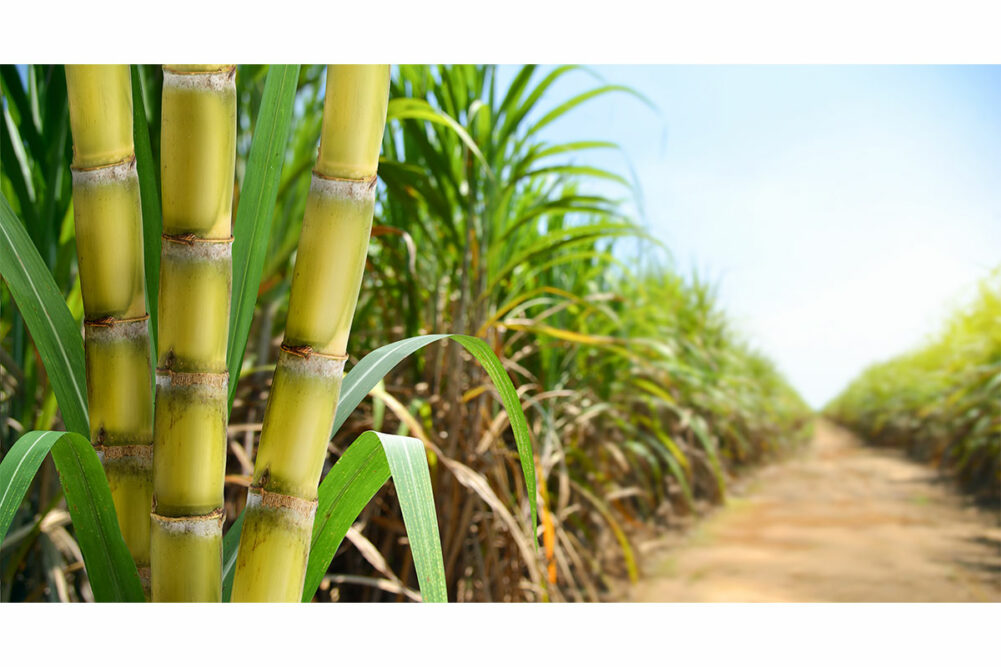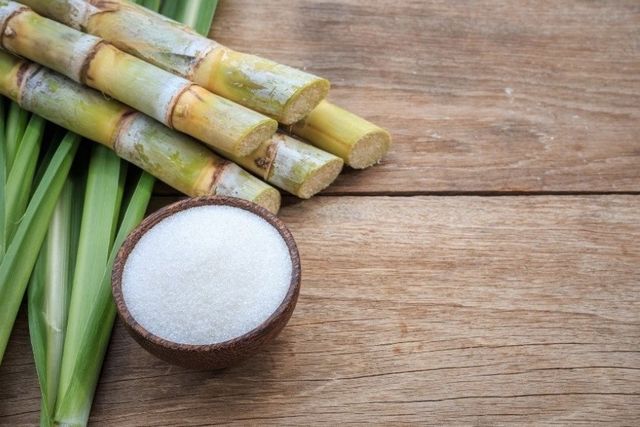From Field to Table: The Journey of Sugar and Cane
From Field to Table: The Journey of Sugar and Cane
Blog Article
Why Cane Sugar Processing Chemicals Are Important for Modern Sugar Refining
The role of walking stick sugar processing chemicals in modern-day sugar refining can not be overemphasized, as they are indispensable to enhancing both the efficiency of extraction and the general high quality of the final product. Agents such as phosphoric acid and particular flocculants are used to get rid of contaminations, resulting in sugar that not only meets customer assumptions yet additionally sticks to industry requirements.
Duty of Processing Chemicals
The effectiveness of cane sugar handling pivots significantly on the tactical application of processing chemicals. These chemicals play an essential duty in boosting the performance and top quality of sugar extraction and refining. From the initial phases of juice extraction to the final filtration actions, processing chemicals facilitate various essential procedures.
In the removal stage, chemicals such as phosphoric acid and calcium hydroxide are utilized to enhance the clarification process, assisting to get rid of contaminations and suspended solids from the walking cane juice. This not just improves the yield yet additionally guarantees the clarity of the last product. Furthermore, agents like flocculants help in the fast settling of contaminations, therefore streamlining the total procedure.
As the handling developments, chemicals are made use of in decolorization and crystallization phases. Triggered carbon and ion exchange materials serve to remove color and smell, making certain that the polished sugar meets customer top quality requirements. Inevitably, the role of handling chemicals prolongs past functional performance; they considerably influence the sensory attributes of the end product, adding to market competition. Hence, the thorough option and application of these chemicals are vital for achieving ideal results in walking cane sugar handling.
Key Kinds Of Chemicals
Walking cane sugar processing relies on a selection of essential chemicals that promote each stage of production. These chemicals play essential functions in clearing up, bleaching, and purifying the sugar extracted from walking cane.
One key category of chemicals consists of flocculants, such as polyacrylamide, which help in the information process by promoting the gathering and settling of impurities. Additionally, calcium hydroxide is frequently utilized to counteract acidity and help in the elimination of non-sugar elements.
Whitening representatives, such as triggered carbon and sulfur dioxide, are made use of to decolorize the syrup, leading to a more clear last product. These chemicals assist eliminate color substances that may affect the sugar's look and marketability.
Furthermore, phosphoric acid works as a pH regulator throughout the handling phases, making sure optimum conditions for the enzymatic tasks involved in sugar removal and filtration.
Other important agents include edta (ethylenediaminetetraacetic acid), which chelates metal ions that can militarize unfavorable reactions, and salt hydroxide, which helps in pH control throughout the refining process. Collectively, these chemicals improve effectiveness and make certain a premium walking stick sugar item.
Advantages for Sugar High Quality
Commonly neglected, using particular processing chemicals dramatically enhances the overall top quality of cane sugar. These chemicals play an essential duty in refining procedures, making sure that the end product meets rigid sector standards for purity and preference.

Additionally, refining chemicals aid in attaining a constant granulation and appearance, which are vital for customer acceptance. By managing the crystallization process, these chemicals make sure top article that the sugar crystals develop consistently, bring about an extra enticing product that dissolves well in various applications.
In addition, making use of these chemicals can improve the service life of cane sugar by lessening wetness absorption and microbial growth. On the whole, the tactical application of handling chemicals is crucial for supplying high-grade walking cane sugar that meets customer assumptions and industry needs.
Ecological Effect Factors To Consider
Moreover, the energy-intensive nature of sugar refining, worsened by chemical usage, commonly causes boosted carbon emissions. This adds to environment adjustment and elevates problems pertaining to the sustainability of current refining practices. Furthermore, the sourcing of these chemicals may entail practices that intimidate biodiversity, such as monoculture farming, which reduces the strength of agricultural ecological communities.

To reduce these effects, sugar refiners are significantly checking out lasting options and taking on best practices that decrease chemical use. Applying extensive ecological management systems can help guarantee that the refining process aligns with ecological criteria and promotes biodiversity. Ultimately, a well balanced approach that prioritizes both sugar high quality and environmental stewardship is necessary for the long-term practicality of the sugar market.
Future Fads in Refining
As the sugar sector grapples with the ecological challenges related to standard refining methods, ingenious techniques are emerging to boost both efficiency and sustainability. One considerable trend is the adoption of environment-friendly chemistry principles, which focus on the use of non-toxic, naturally degradable handling chemicals. This change not just decreases ecological impact yet likewise addresses consumer demand for cleaner manufacturing techniques.
Another promising advancement is the execution of sophisticated filtration have a peek at this website technologies, such as membrane separation and adsorption processes. These strategies boost the clearness and top quality of the sugar while lowering the volume of wastewater produced throughout refining. Additionally, the integration of digital technologies, including IoT and AI, is changing operational efficiency by making it possible for real-time tracking and anticipating upkeep, therefore decreasing resource waste.
Moreover, the use of spin-offs from sugar refining, such as bagasse and molasses, is getting traction. These products can be converted into biofuels or value-added products, adding to a round economy within the sector. Collectively, these patterns signify a shift in the direction of more lasting techniques that not just improve functional effectiveness but also line up with worldwide sustainability objectives, making sure the future viability of sugar refining.
Final Thought
Walking stick sugar processing chemicals are important in modern sugar refining, substantially improving the performance and quality of sugar removal. The tactical use these chemicals not just boosts the pureness and taste of the last product however also makes certain consistent crystallization and appearance. As the industry significantly focuses on sustainability, the fostering of environmentally-friendly handling agents is likely to shape future patterns in refining, ultimately causing greater top quality items and extended rack life for consumers.

Ultimately, a balanced technique that prioritizes both sugar quality and environmental stewardship is crucial for the long-term stability of the sugar market.
Walking stick sugar processing chemicals are essential in contemporary sugar refining, substantially boosting the effectiveness and quality of sugar extraction.
Report this page